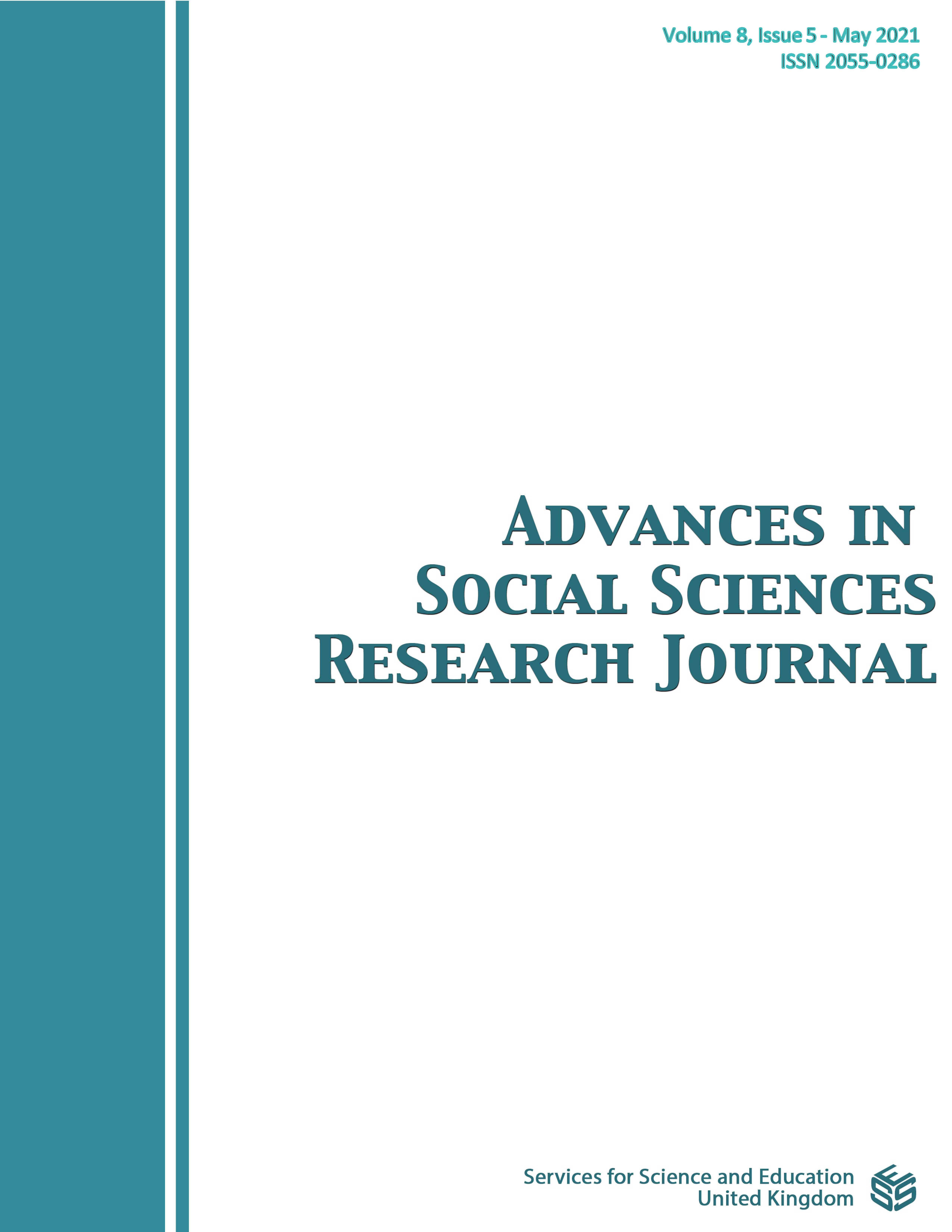Flexible Work Arrangements Program Implementation Evaluation
DOI:
https://doi.org/10.14738/assrj.85.10154Keywords:
Flexible Work Arrangements, Needs Assessment, Implementation Evaluation, Formative Evaluation, Summative EvaluationAbstract
This research primarily focuses on construction of the program evaluation proposal for the flexible work arrangements. In order to make the program evaluation design, this paper specifically discusses evaluation questions and data collection analysis regarding three kinds of evaluations including needs assessment, implementation evaluation, formative evaluation, and summative evaluation. Furthermore, the expected positive effects and main functions of the flexible work arrangements program evaluation are also suggested.
References
Golden, Timothy D. 2006. The role of relationships in understanding telecommuter satisfaction. Journal of Organizational Behavior, 27(3): 319-340.
The Ministry of Employment and Labor (MOEL).
The Ministry of Health and Welfare (MOHW).
The Ministry of Public Administration and Security (MOPAS).
The Ministry of Personnel Management (MPM).
Patton, Michael Q. 2008. Utilization-focused evaluation. 4th ed. Thousand Oaks, CA: SAGE Publications, Inc.
Downloads
Published
How to Cite
Issue
Section
License
Authors wishing to include figures, tables, or text passages that have already been published elsewhere are required to obtain permission from the copyright owner(s) for both the print and online format and to include evidence that such permission has been granted when submitting their papers. Any material received without such evidence will be assumed to originate from the authors.






